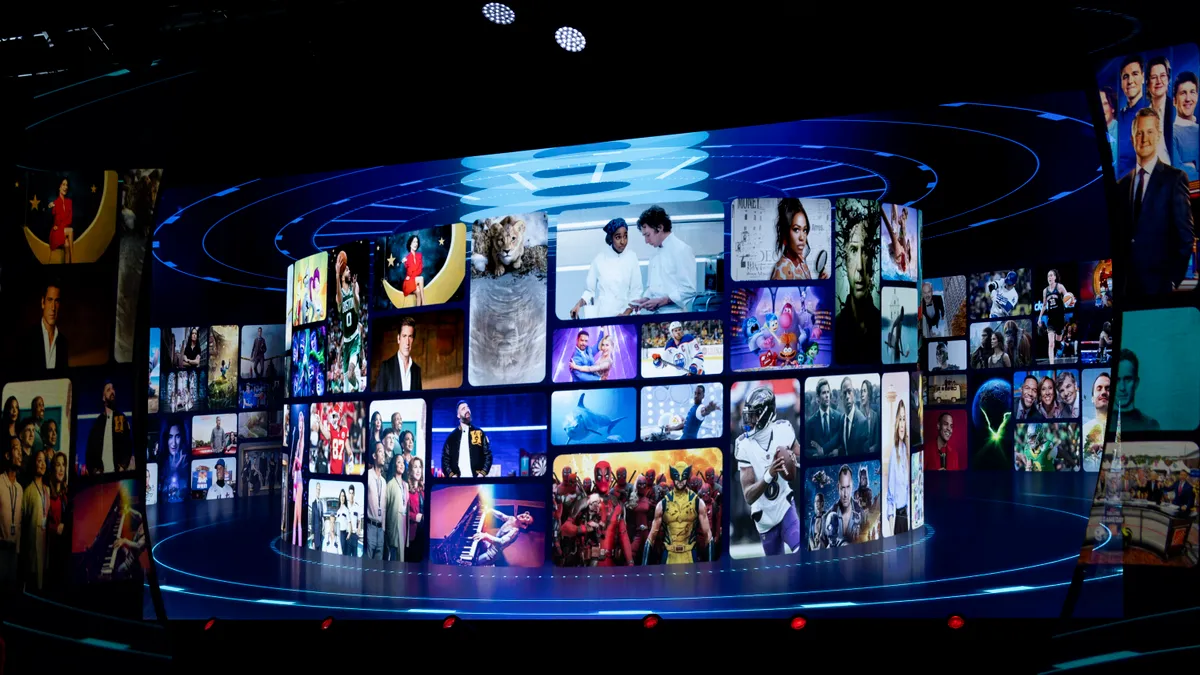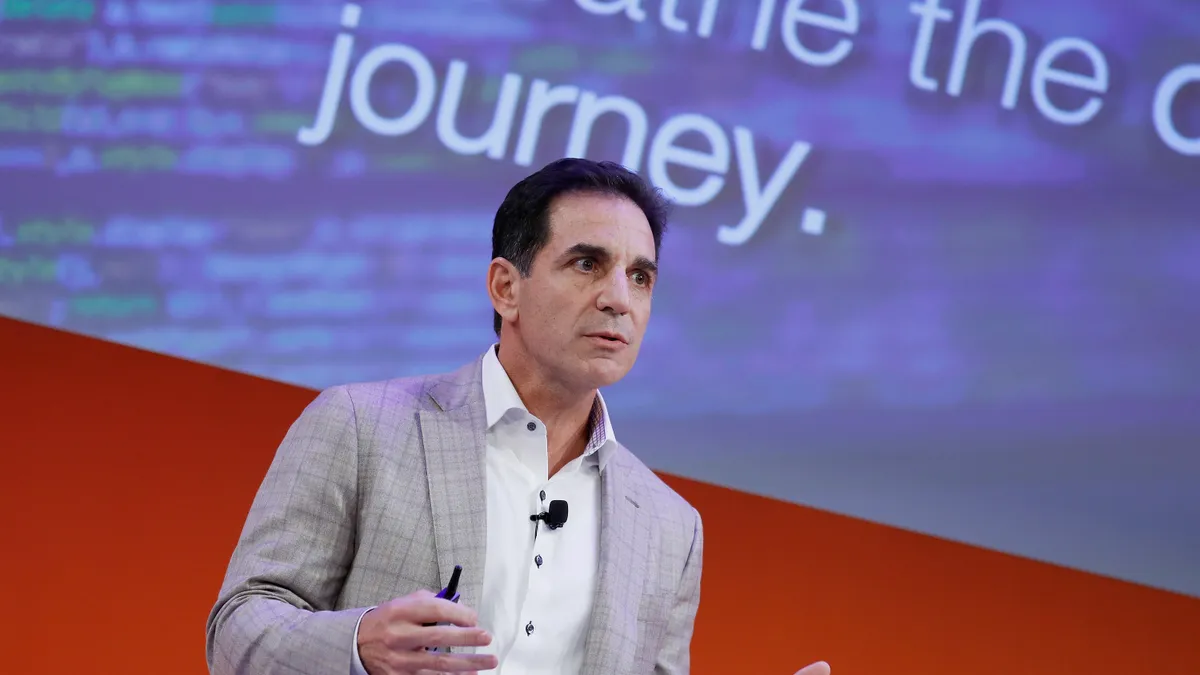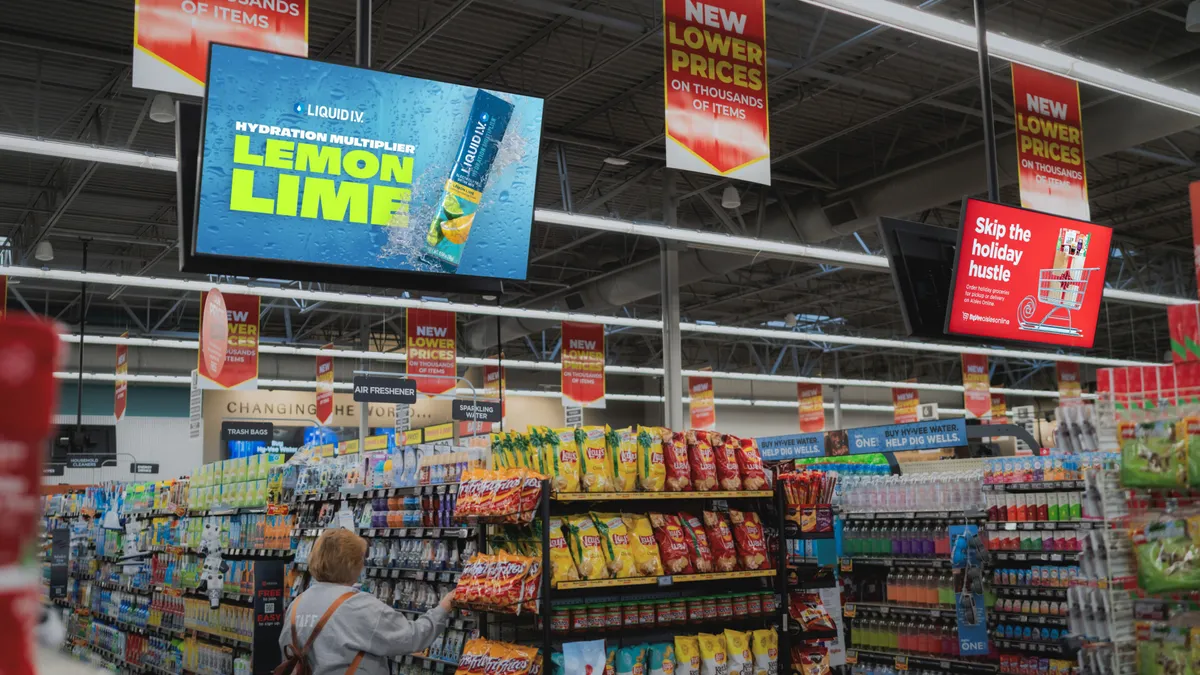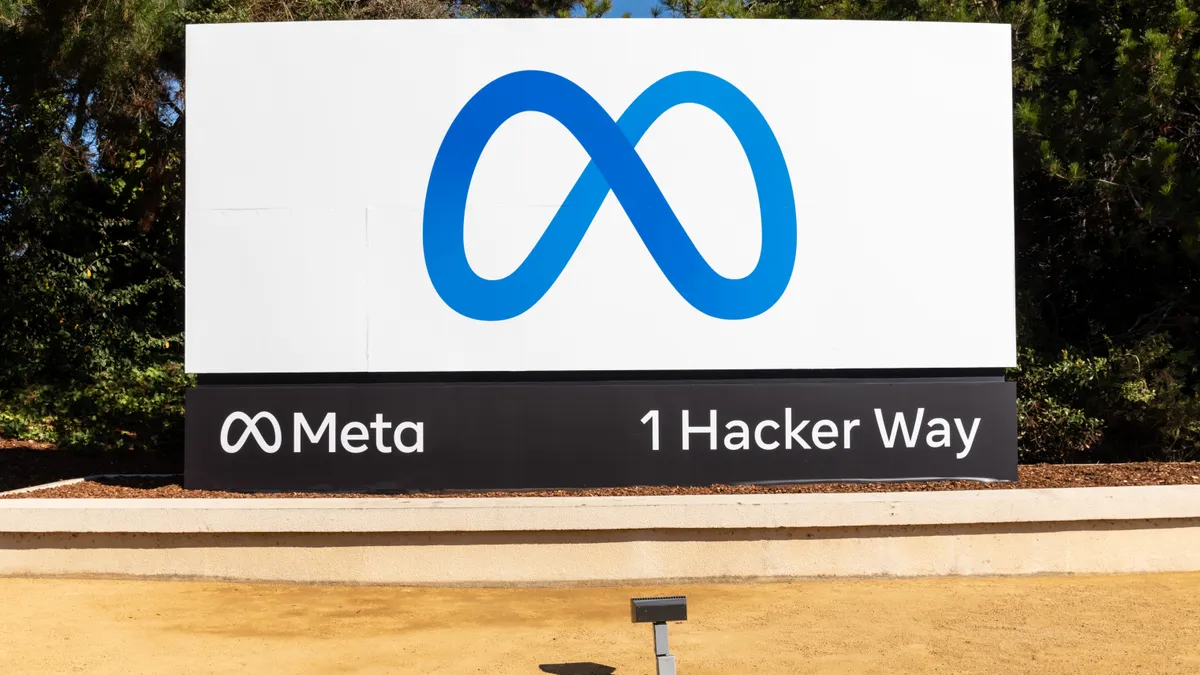Editor's Note: The following is a guest post from Iain Ellwood, chief growth officer at WPP's Group XP.
If you've noticed a seamless feel when interacting with Tesla, from its vehicles to its customer service, or enjoyed similar approaches from Amazon or Ikea, you know that meaningful, connected brand experiences have become the lifeblood of today's most successful companies. The more we study the nature of these experiences, the more their benefits are becoming measurable and a key tool for growth.
In fact, backed by 4.6 billion data points, our Group XP Experience Index ranked the world's biggest brands according to the quality of their experience, finally proving what we all knew to be true: Brands that invest in experience outperform the market by over 50%. As more of the world's top brands invest in experience strategy and design, the writing's on the wall for product-driven CEOs — it's time to take these brand experiences seriously or die.
This focus on experience has been accelerated by innovations in technology and automation, especially artificial intelligence (AI). It has enabled seismic shifts in the way customers are attracted, served and managed. For brands, AI presents an opportunity to automate countless micro-experiences along the customer journey. But there's a lurking danger both for brands and consumers in sacrificing emotional connection for efficiency that goes beyond concerns about the robot assault on employment.
For all its cost reduction benefits, AI has yet to replicate what makes us human or our experiences so emotionally rewarding. As the experiences in our lives become more and more AI-driven, there is a corresponding risk of reducing everything to the lowest common denominator. A brand that is functionally seamless but boring will lack a competitive distinctiveness and ultimately be unappealing to consumers.
The AI paradox
The famous Turing Test essentially asks: "Can you tell whether you're interacting with a computer or a human?" Today, the better question might be: "Do customers care whether it's a real human helping them?"
Automation has its financial benefits for brands and consumers, but the broader point is that good AI-driven tools deliver functional excellence that is now expected by consumers. But what machines can't give — and never will — is the ability make us feel special or enrich our lives. And for good reason.
Humans are a quizzical, unpredictable bunch and true connections, brand-related or otherwise, require empathy and an understanding of the nuances of tone and language. Of course, we want brand experiences to be more efficient. But critically, customers still seek a human connection and the emotional engagement that goes with it. This is where AI falls short. A line of code can't form relationships or define its own purpose as the core of an experience. That takes a real person.
This universal need for authentic human experiences isn't going away. In fact, the rise of AI has paradoxically made it more important.
Brands that deliver the best experience are not only driven by technological efficiency but are also intent on meeting people's needs and striving to make their lives better. This includes human-centered and altruistic brands like Colgate and Pampers, which improve people's lives with resources and education programs, as well as tech brands like Google and Tesla.
Keeping the soul in the machine
The world's best experience-driven companies have figured out how to embrace tech without risking their "brand soul." Tesla may have a great experience, beating the likes of Ferrari, Mercedes Benz and BMW, but its mission statement has no mention of automobiles. Instead, it wants "to accelerate the world's transition to sustainable energy." This human-centered approach is underscored by CEO Elon Musk's personal aim to eliminate congestion with The Boring Co. and develop affordable domestic solar products with Solar City.
Another success story from Adidas demonstrates the important role that AI can play in creating truly lasting experiences. The sports giant recently launched its U.S. and German Speed Factories, manufacturing hubs that rely on robotics to meet local needs and respond with fast customization. Additional investments in AI-driven product innovation and process optimization have led to a constant stream of cutting-edge releases such as Futurecraft 4-D and Boost technology.
But technology isn't the driving force of why consumers connect with Adidas so avidly. The company made a conscious effort to seamlessly fit into its consumers' social narratives, cultures and engage them through a human voice. Adidas extends the hand of friendship to a youthful audience whom often feel unheard in today's political and social climate by offering a culture of co-creation, through digital platforms like miadidas and also through physical spaces like their culture and talent incubator, Brooklyn Creator Farm.
The lesson here is that the symbiosis of high-efficiency AI, human-centered purpose and inspiring engagement accelerate business growth. Both Tesla and Adidas create excellent experiences by applying AI and technology, not for their own sake, but toward creating a better future. If brands are to reach higher levels of relevancy and success, they must find ways to serve and engage customers in a more natural and human way despite, or preferably, in concert with automation.




















